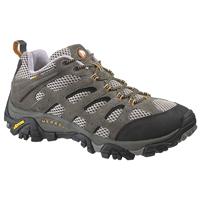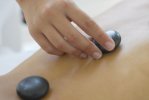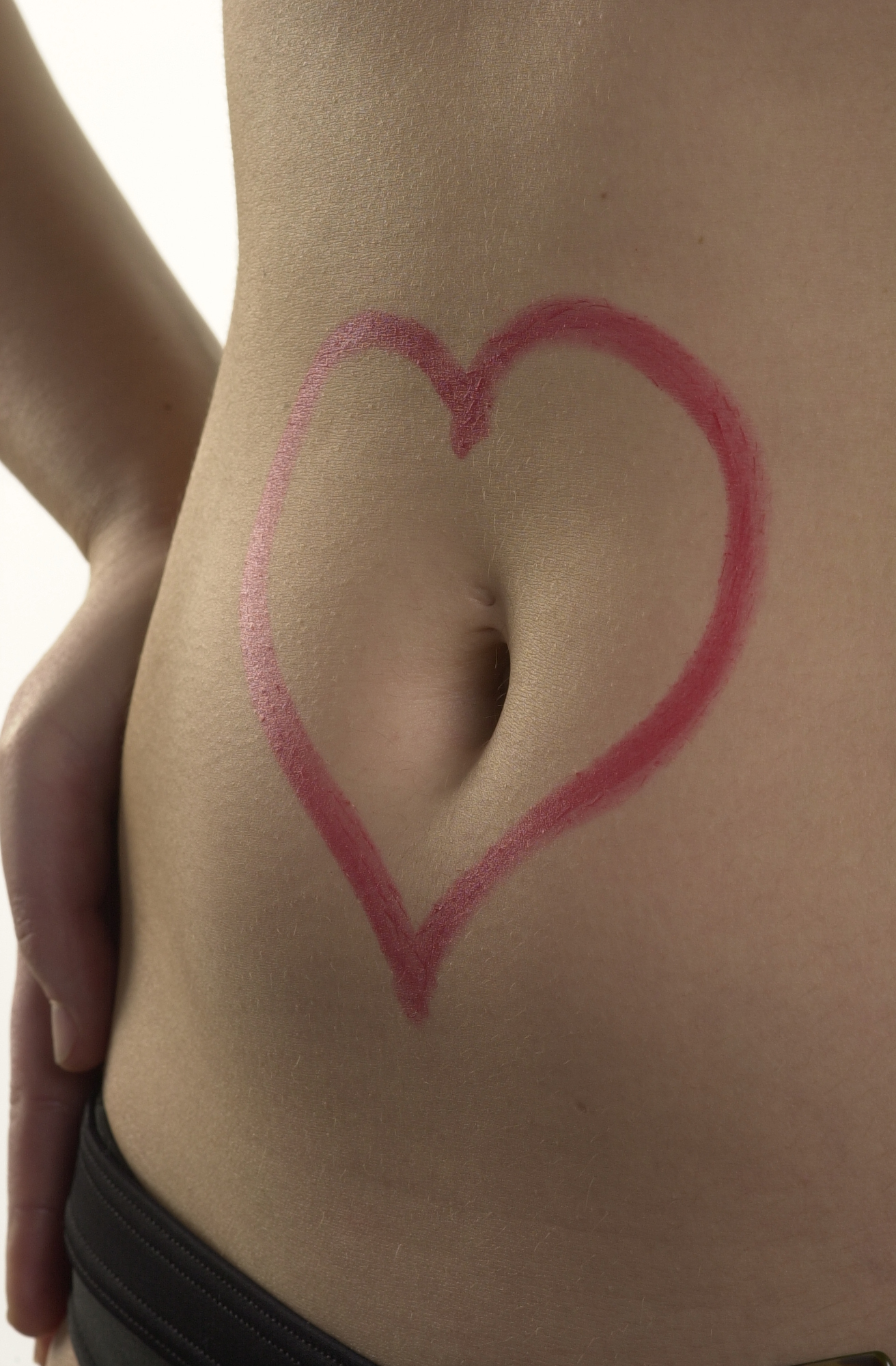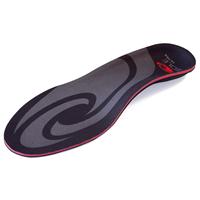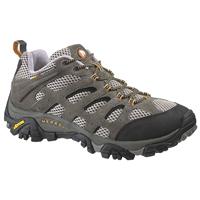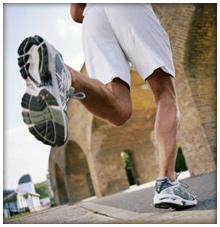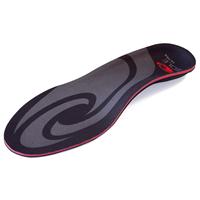

London: Walking is Britains most popular activity with approximately 38 million people walking for pleasure at least once a month. But are you sure your shoes are up to the job?
As the Summer months approach us, Achilles Tendonitis (inflammation of the Achilles tendon), Tibial Stress Syndrome (Shin Splints) and Plantar Fasciitis (Inflammation of the bottom of the foot), just some of the injuries sustained whilst walking, will be on the increase.
There is no doubt that walking is good for you, it has many health benefits, increases your levels of fitness and as a result the number of people walking for a hobby is on the increase and so is the number of injured feet!
Luke Barlow, founder of Fitness Footwear the number one online sports and activity shoe retailer said: Walking may appear to be the lightest of outdoor hobbies however, with 23.6 Million people regularly talking walks of 3.2 km or more it is important that the correct footwear is worn. With the summer approaching, many individuals and families will be dusting off their (potentially foot unfriendly) walking boots in anticipation of hitting the hills.
Fitness Footwear has partnered with the British Chiropody and Podiatry Association to provide walkers with the information needed to avoid unnecessary injury to feet in a variety of walking conditions.
With different days come different walking conditions, each requiring a diverse footwear type and alternative sock/shoe/insole combinations. Utilising the knowledge of the British Chiropody and Podiatry Association and its own shoe knowledge, Fitness Footwear has created the ideal combination to avoid unnecessary and painful injuries for five common walking conditions.
Hot Conditions The British Chiropody and Podiatry Association suggests: As with all types of clothing, it is important whilst walking in hot conditions to be well ventilated. A good quality sandal or sandal-type shoe is recommended to avoid any potential damage.
Fitness Footwear recommends the Merrell Moab Ventilator shoes with a Smartwool Hiking Crew sock for its added protection. Finally it is recommended that a Sole Ultra SofTec Insole is used as inevitably the hot conditions will cause a hard ground – this particular insole is renowned for the support it provides to the knees and lower back.
Cold Conditions – The British Chiropody and Podiatry Association suggests: In cold conditions it is suggested that a thick woollen sock, or a couple of pairs of thinner socks, is best to provide greater comfort, warmth and protection from associated injuries.
Fitness Footwear recommends the Merrell Chameleon Thermo 6 Waterproof Synthetic Shoe for its Thinsulate insulating lining ensuring that feet are kept warm, matched with a Brasher 3 Season sock a good all round protector and insulator. For the sole it is recommended that a Superfeet WinterGreen Performance insole is used as it provides insulation but also aligns the feet.
Wet Conditions – The British Chiropody and Podiatry Association suggests: Unless walking in streams or fords for extended periods, avoid the obvious choice of Wellington boots on long walks. Not renowned for their comfort, Wellingtons are prone to chaffing and the rubber soles tend to draw the feet. A good quality insole is necessary as that ventilates well.
For walking in wet conditions Fitness First recommends the Salomon Mega Trek 6 Light GTX/WP boot as it is waterproof and breathable, with SealSkinz long light socks for their waterproof, windproof yet breathable capabilities. For the insole, a Superfeet Green performance insole is recommended as it is one of the best off the shelf orthotics on the market, and helps to align the body whilst walking.
Mountain terrain – The British Chiropody and Podiatry Association suggests: Essential for mountain walking is a thick trainer-type shoe or boot with plenty of grip. Cushioned insoles are recommended to avoid potential lesions or damage on rocks and uneven surfaces.
Fitness Footwear recommends the Merrell Chameleon Thermo 6 Waterproof Synthetic Shoe for the protection offered against potentially sharp rocks, matched with the Smartwool Hiking Crew sock for added protection. A Superfeet WinterGreen Performance insole will provide insulation and will also keeps the feet in alignment to keep a better footing.
Road Walking – The British Chiropody and Podiatry Association suggests: A leather sole with a shock absorbing rubber heel will help avoid injuries gained from continually walking on hard terrain. All rubber soles need to be avoided as they will draw the feet.
Fitness Footwear recommends that the light weight Merrell Moab Ventilator shoe is used with a Smartwool Hiking Crew sock for protection and the Sole Ultra SofTec Insole.
The British Chiropody and Podiatry Association suggests: Even with all these recommendations every walker should carry some Sorbothane Sorboskin Blister Plasters for any unforeseen injuries.
Mike Batt, Honourary President of The British Chiropody and Podiatry Association said We frequently see and hear stories of individuals who have not prepared properly and worn inappropriate footwear. Consequently, walking can cause some horrendous blisters, chaffing and other related injuries that could be easily avoided.
Luke Barlow added: Through our partnership with the British Chiropody and Podiatry Society we aim to raise awareness of the importance of looking after your feet. We have an extensive range of walking shoes for all weather conditions and are more than happy to provide advice to ensure the perfect fit.
Fitness Footwear (www.fitnessfootwear.com) offers a range of sport and leisure shoes to cater for every interest. From running to climbing, from parkour to fashion, Fitness Footwear has something for everyone, stocking top quality brands including Brasher, Ecco, Hi-Tec, Merrell, DC, Mizuno and Quicksilver.
The secure site enables you to browse by activity or brand and all orders despatched within the UK come with free delivery as standard.
For More information please visit www.fitnessfootwear.com or call 0870 080 1736 (UK number).
